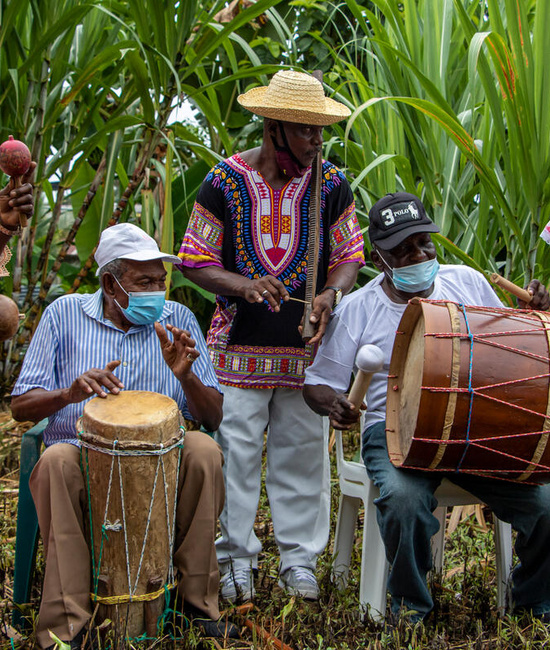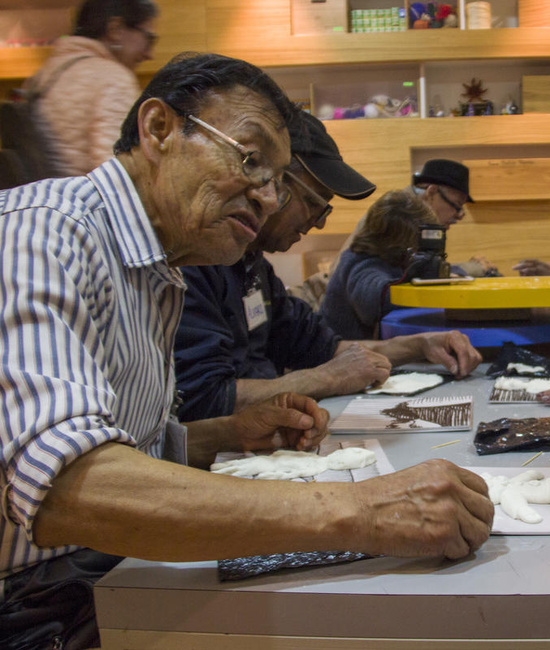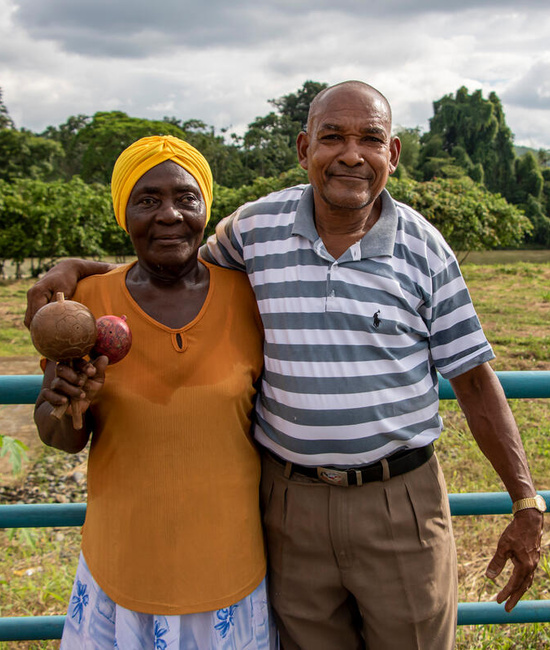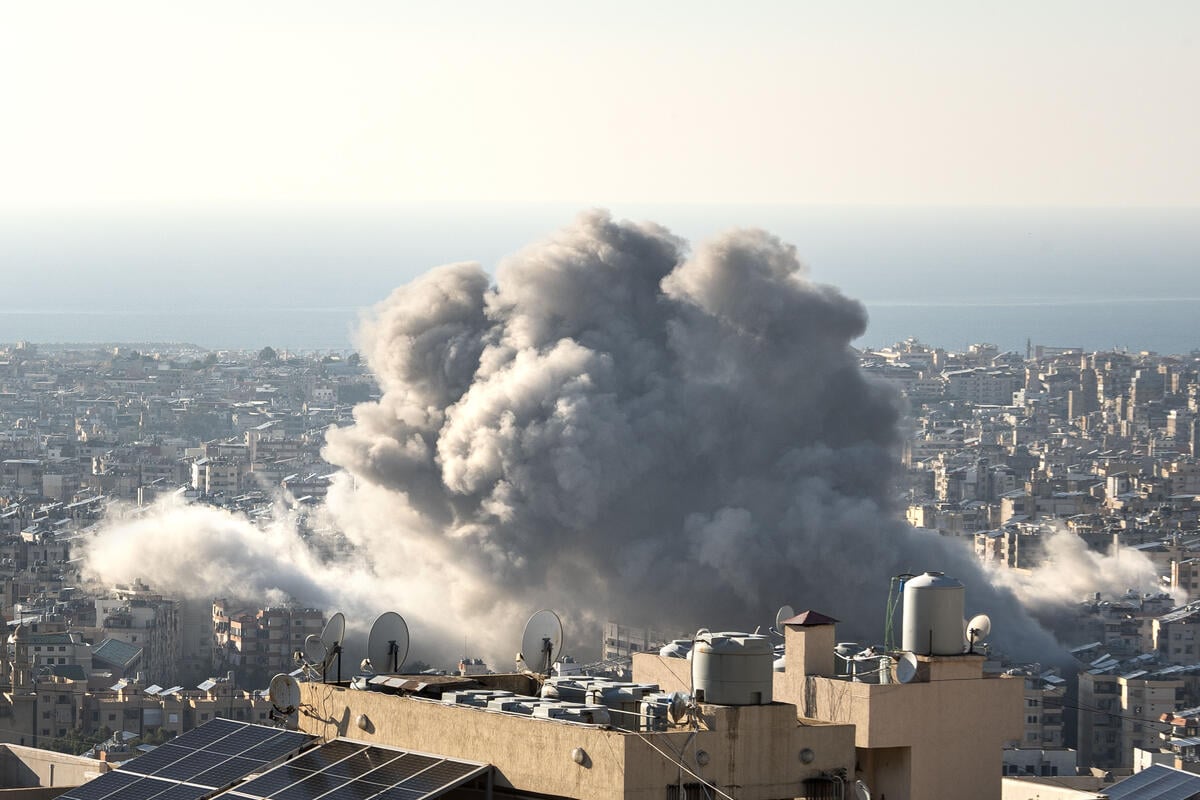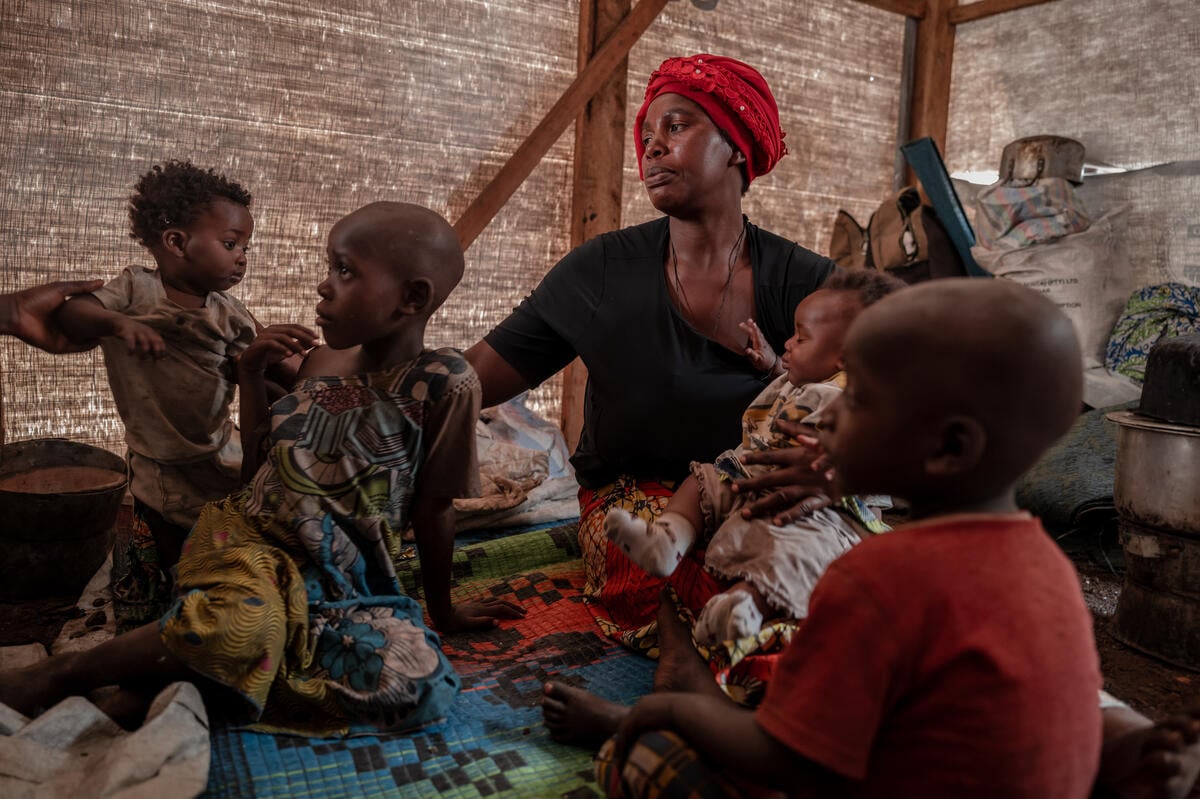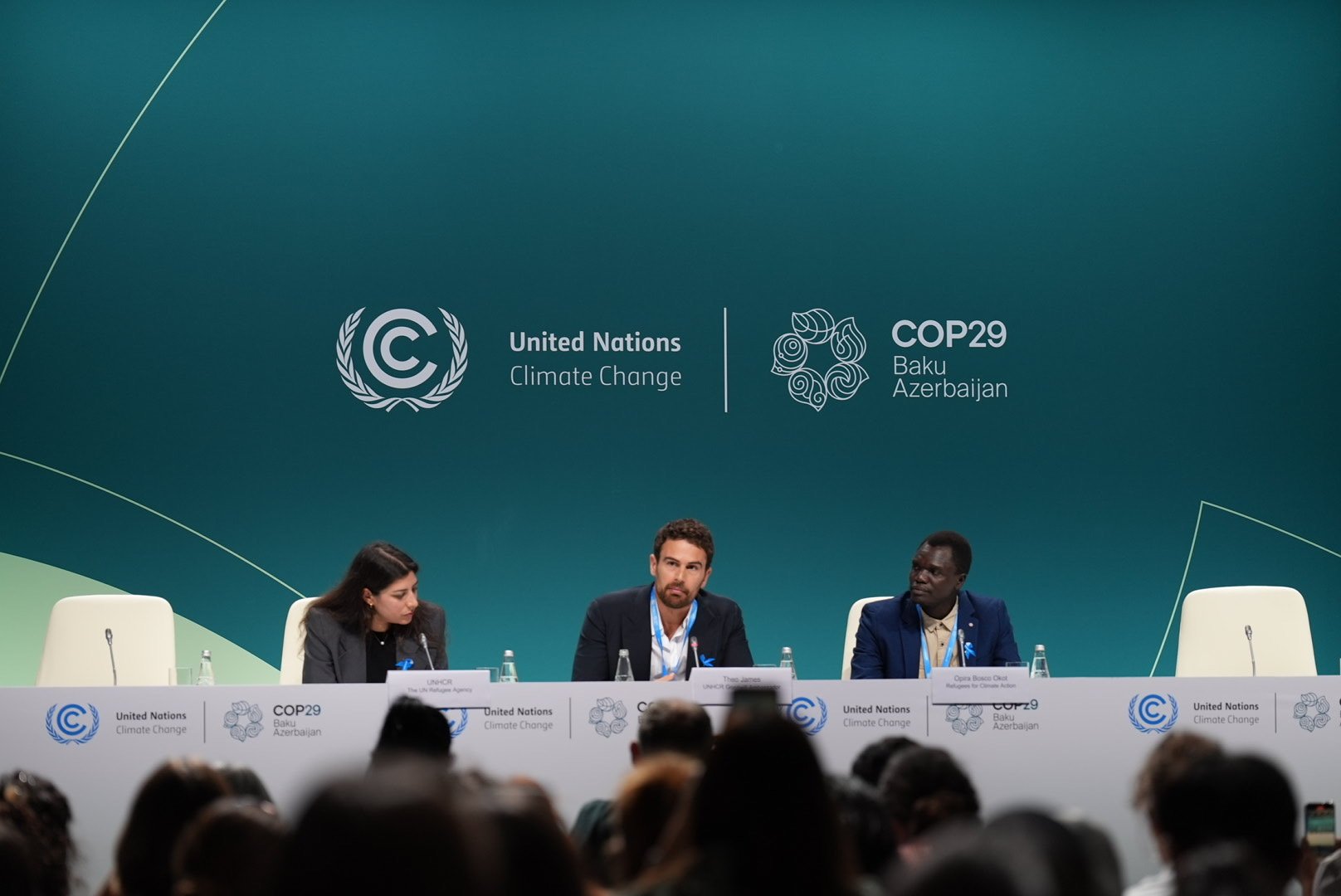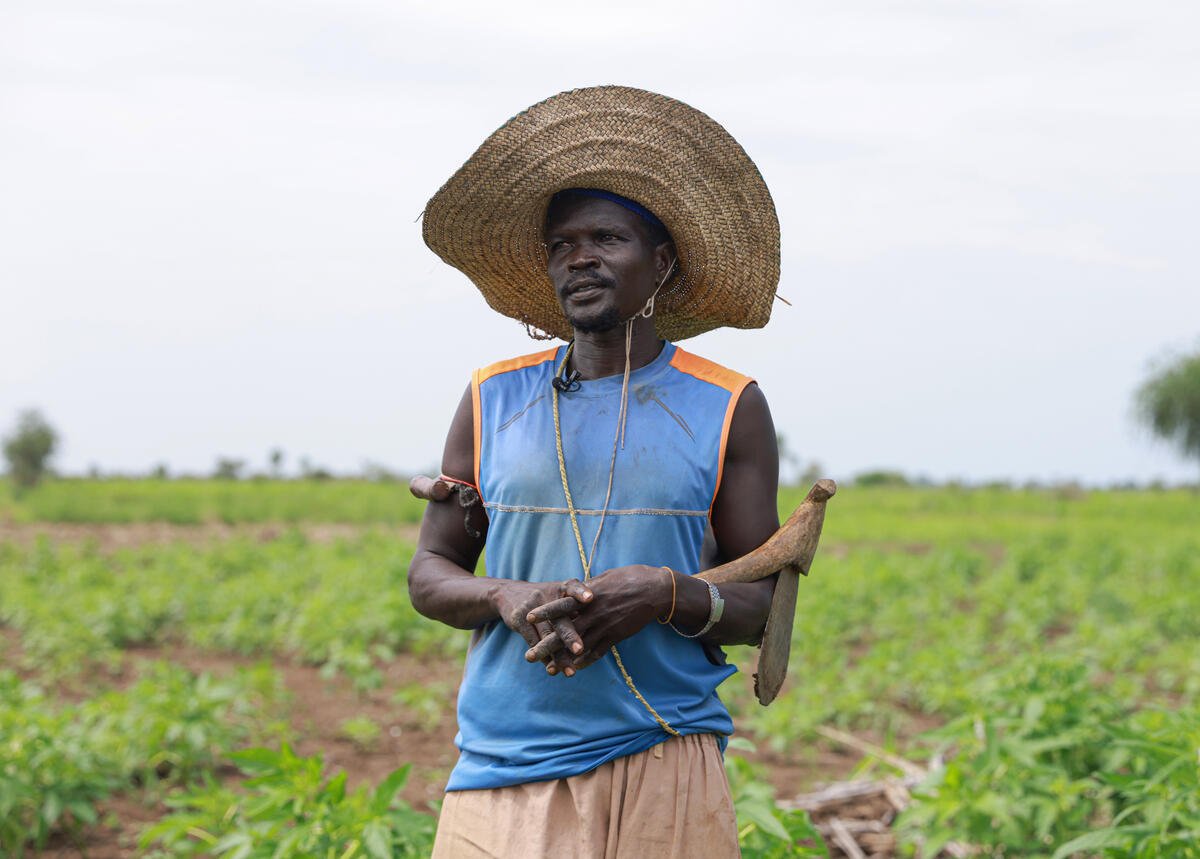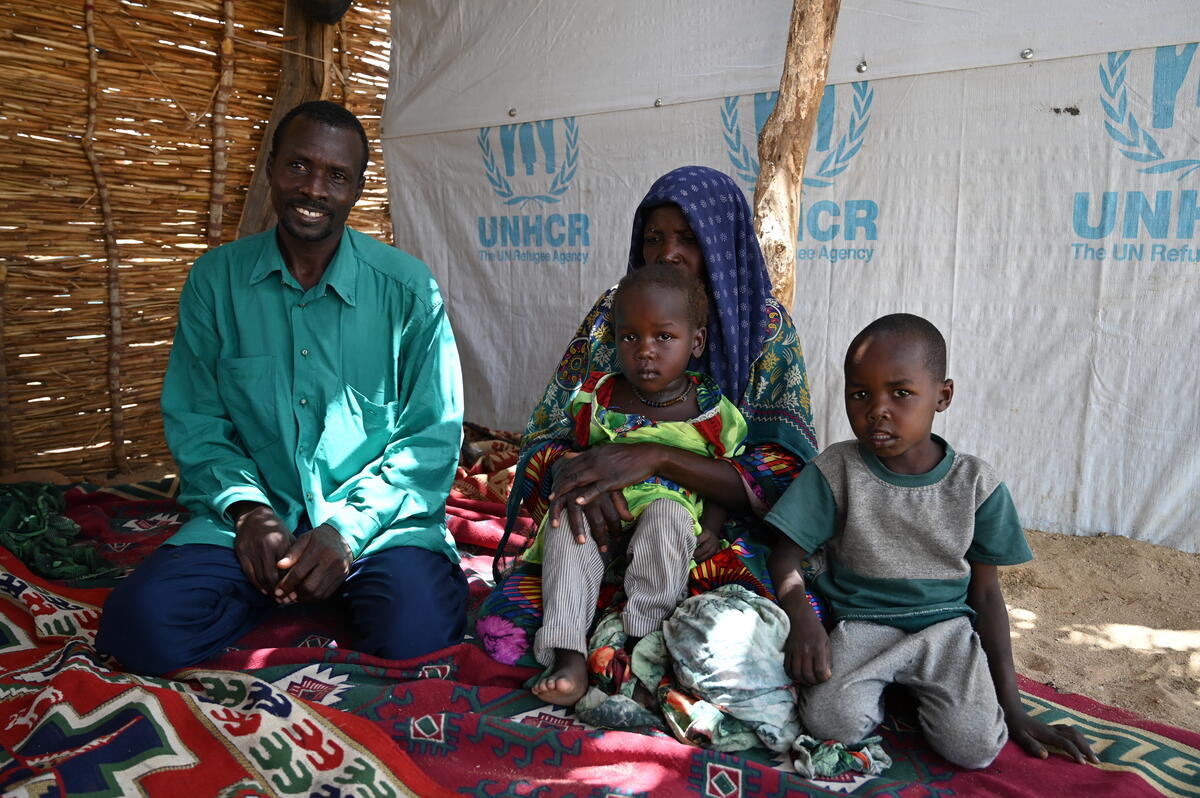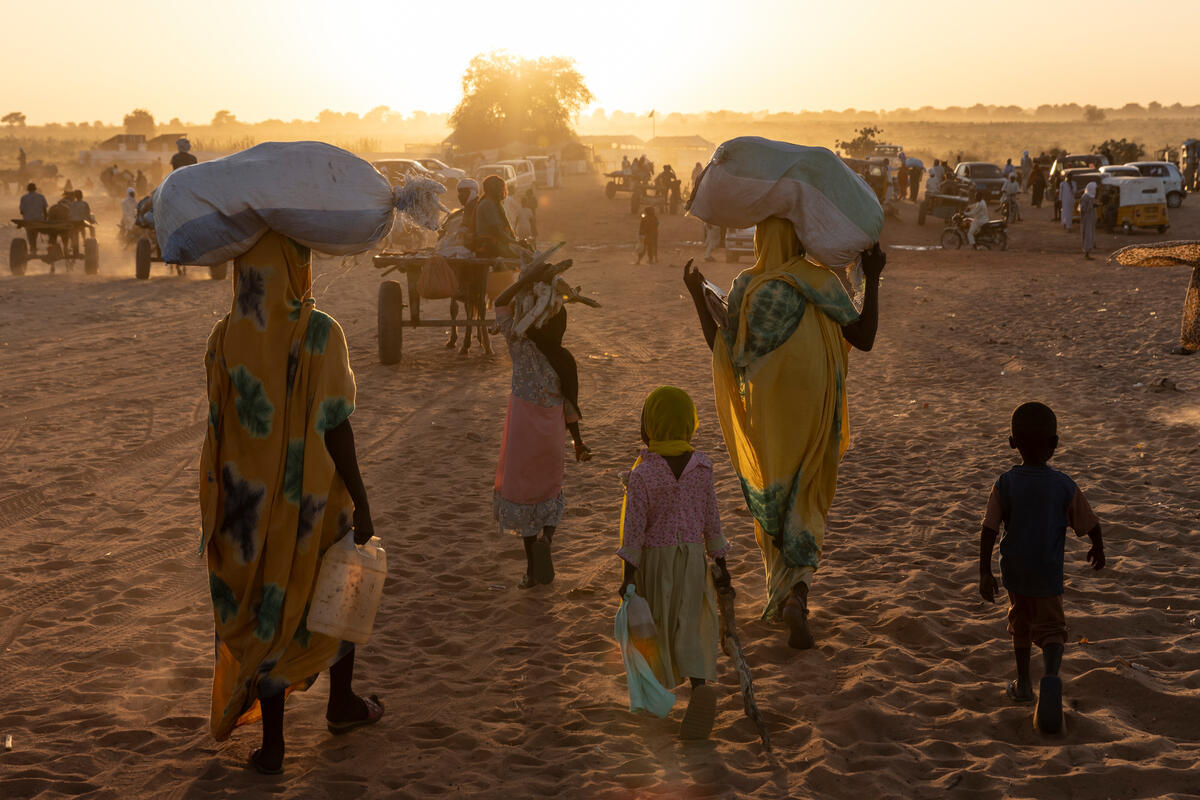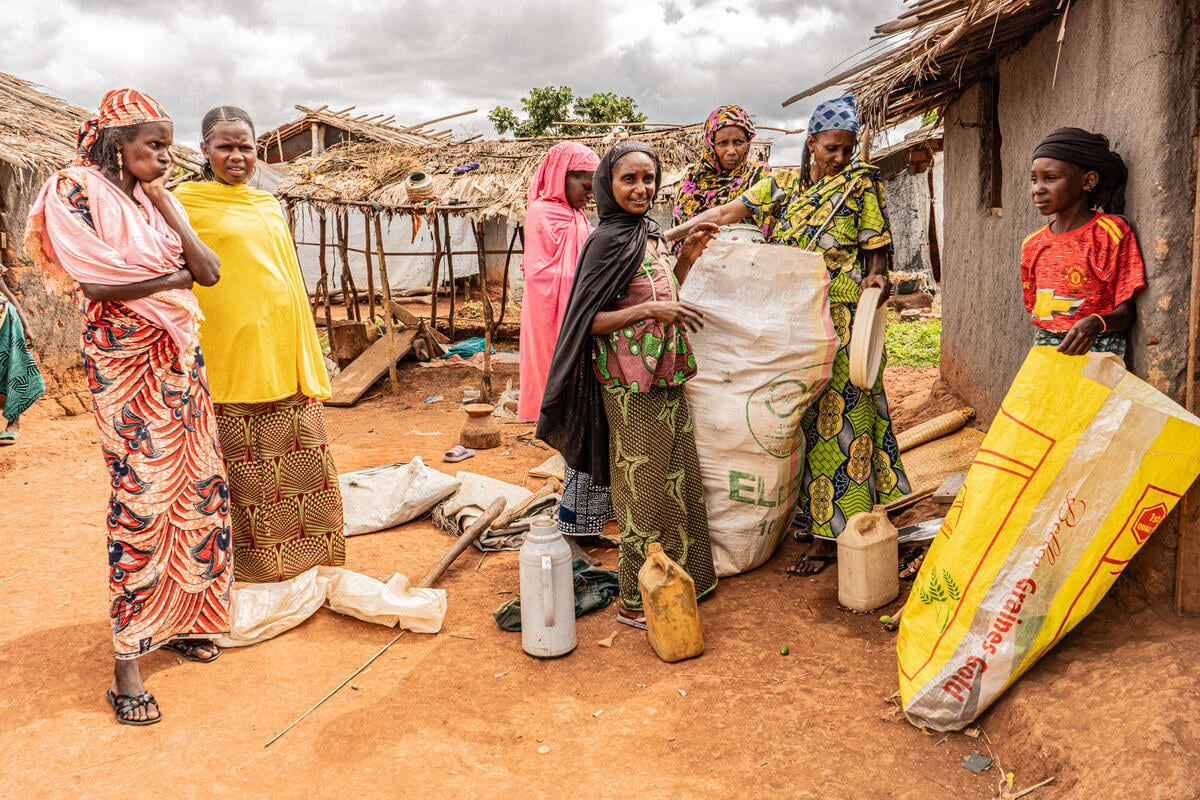Facilitator's Guide: Working with older persons in forced displacement
Facilitator's Guide: Working with older persons in forced displacement
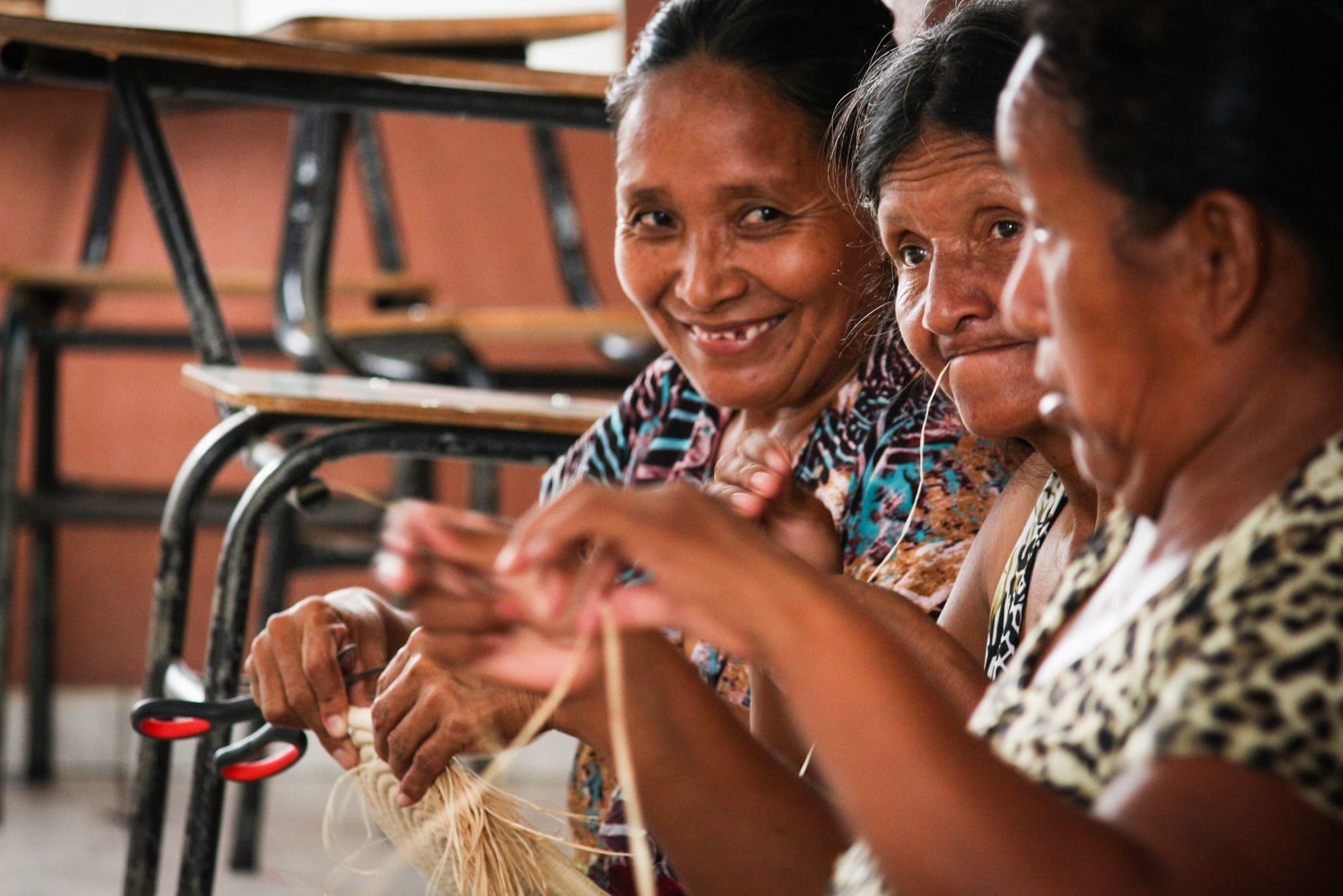
An older person is defined by the United Nations as a person who is over 60 years of age. However, families and communities often use other socio-cultural referents to define age, including family status (grandparents), physical appearance (grey hair and wrinkles), or age-related health conditions. Some people may display characteristics of ageing earlier in life due to traumatic experiences, poverty or hardship. And where life expectancy is low, people in their 50s may be considered older and this may be reflected in national policy.
The needs and capacities of older persons are often overlooked in situations of displacement and emergency responses.
In 2020, UNHCR and HelpAge International conducted a regional evaluation of Ageing on the Move, focusing on El Salvador, Honduras, Colombia, Ecuador, and Peru, highlighting the situations encountered by older persons on the move. As a result of the recommendations, UNHCR and HelpAge International developed this Facilitator's Guide on working with older persons in forced displacement as part of our efforts to improve the protection of forcibly displaced and stateless older people.
You can present a dynamic 60 to 120-minute session using these condensed materials:
Text and media 7
About the Facilitator's Guide package
This Facilitator’s Guide on working with older persons in forced displacement is designed to support UNHCR staff, partners and other stakeholders at the field level to:
- a rights-based approach to ageing
- protection concerns and capacities of older persons
- working with older persons in protection case management
- trainer of trainers.
Download the full Facilitator's Guide
This Facilitator’s Guide includes four interconnected modules with session objectives, learning points, activity descriptions and tools to support UNHCR Country Office staff and partners to facilitate workshops on strengthening the protection of older persons.
It is recommended to go through all of them in a sequential manner to acquire both an understanding of the rights of older persons and strategies to promote their inclusion and ensure protection.
While the training package was developed in the Americas region, the principles and modules are easily transferrable to other contexts.
Module 1 – A rights-based approach to aging
This module seeks to describe key challenges for older persons in displacement contexts and recognise the global and regional instruments for the protection of older persons
Module 2 – Protection concerns and capacities of older persons
This module introduces participants to the linkages related to older age in the definition of protection and helps to understand the key players and identify protection concerns, as well as programme approaches to address protection risks.
Module 3 – Working with older persons in protection case management
This module invites participants to identify ways to ensure effective communication and steps for case management for older persons. To enhance programming for older persons, the module promotes a twin-track approach.
Text and media 17
Module 4 – Trainer of trainers
This module presents key principles of inclusion related to older persons and provides tips to use the Need to know guidance (NTKG) for older persons and the Humanitarian Inclusion Standards.

